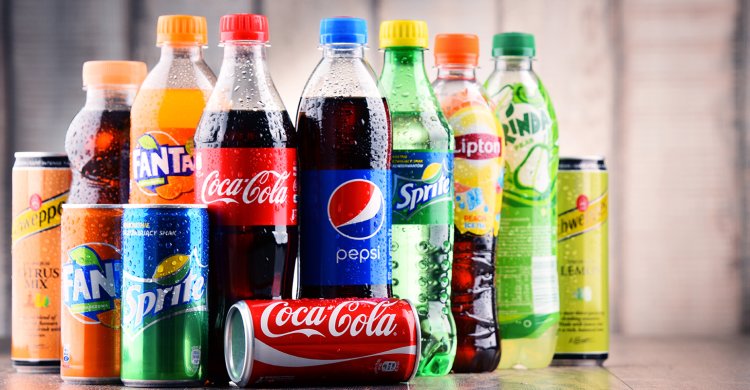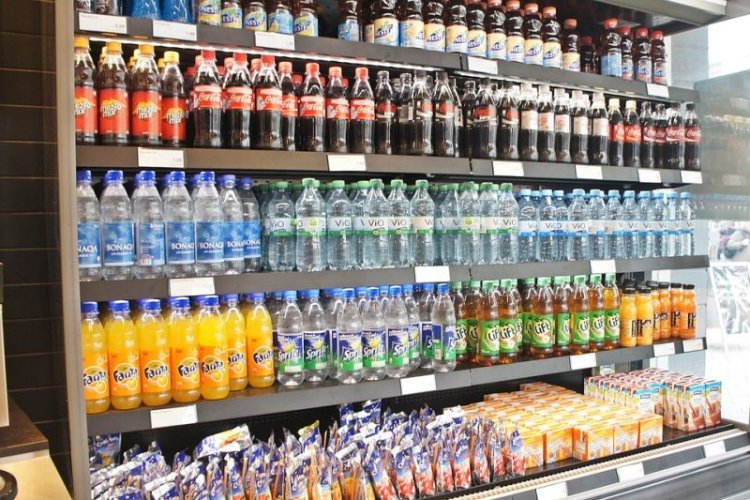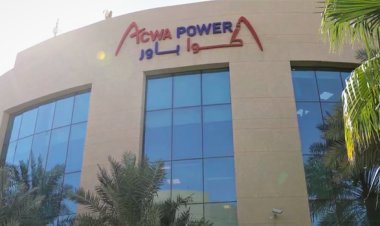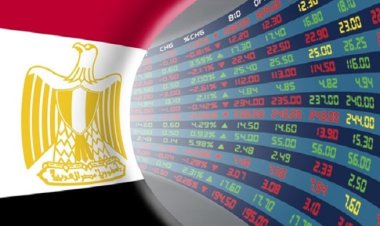The boycott revives the Egyptian soft drinks market.. Who wins the lion’s share?

Boycott campaigns for foreign products in Egypt have forced local soft drink companies to enter a feverish race to capture the largest share of sales in the market.
Some entities have already witnessed significant development in terms of quality and spread internally and regionally, as well as the diversity of varieties, as the most appropriate solution for consumers who reject other products.
There are some companies that have received the lion’s share of the public’s approval, as they have received great support as a national industry and an irreplaceable opportunity to recover and control the market to keep up with foreign companies. So, who wins in the end?
Top Cola Company
Mohsen Mahran, export director of the Egyptian Top Cola Company, said that the boycott has boosted his organization's sales by about 20% over the past few days, explaining that there are about 19 Egyptian soft drink companies, but their market share is not large, and ranges during the current period between 5 and 7%.
He added in press statements that Top Cola exports its products to Saudi Arabia, Yemen and Sudan during the current period, in addition to working to meet the needs of the local market.
v7 company
An official source at V7 Company said that the group is owned by Egyptian investors, and sells its products in the local market, and its sales have grown strongly over the past days, but he refused to disclose the percentage of sales increase, especially with the competition between companies to reach the largest segment of consumers.
He added that the company's products are exported to about 7 Arab countries, pointing out that the company is currently diversifying its production to include healthy soft drinks.

Spiro spats
Spiro Spates is one of the largest Egyptian companies in the field of soft drinks, whose sales have increased. According to company officials’ statements in various media outlets, the volume of demand for its products has increased by about 350%, which has prompted it to expand production and seek to meet consumer tastes during the current period.
An official source at the General Federation of Chambers of Commerce said, despite the boycott campaign led by some, Egyptian companies are in great need of pumping more investments so that they can meet the needs of the local market.
He continued: “This competition is difficult for Egyptian companies with the scarcity of foreign currency, in addition to the fact that international companies are the most widespread and have the ability to reach various governorates and distribute their products through major commercial chains, which hinders the ability of local companies to compete with them.”


 Shrouq
Shrouq 












